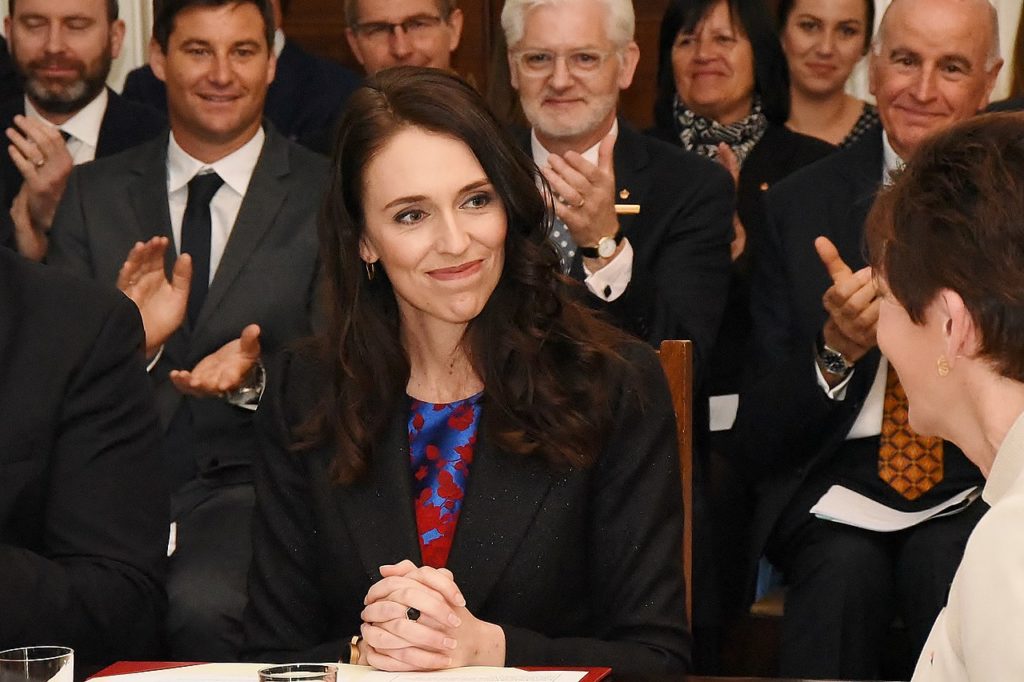The European Union and New Zealand agreed on a new free trade agreement on Thursday to boost the circulation of goods and services by 30% as well as underline Europe's making key alliances to make up for its economic exit from Russia.
EU Trade Commissioner Valdis Dombrovskis said the deal was a crucial "geopolitical signal" based on "mutual commitment based on trust and shared values." He added that the EU would seek further partnerships of this type.
"We're pursuing new deals with trusted global partners. And finding better ways to extract max. value from existing deals. This matters more than ever in today's uncertain world," said Dombrovskis on Twitter.
Focus on 'trusted global partners'
The move marks a shift in the EU's approach to trade agreements, with a focus on trading partners that the EU believe, are reliable given a changed security landscape after Russia's invasion of Ukraine.
For New Zealand, it is a key moment as Prime Minister Jacinda Ardern said it has taken 14 years since the notion of a trade agreement with the EU was first proposed.
Negotiations began in 2018, while the deal will put the EU on par with countries that already have a trade agreement with New Zealand, such as the 11-country CPTPP Asia-Pacific deal.
The bloc will catch up with former EU Member State, the UK, which has signed signed trade deals with both Australia and New Zealand but are yet to be implemented.
For Dombrovskis, the agreement is a victory given its emphasis on green policy, which will include sanctions if the Paris Climate Agreement isn't upheld.
While still needing to pass the European Parliament and the Council, the deal could enter in force in 18-24 months.

